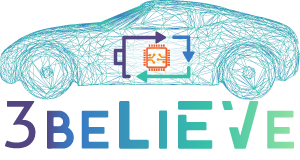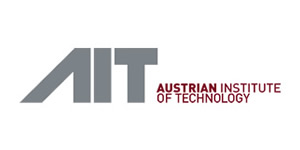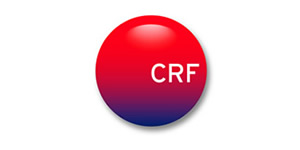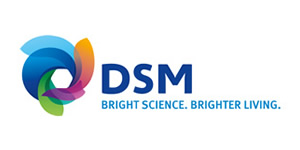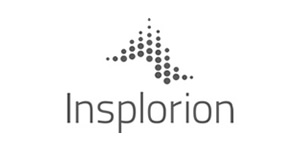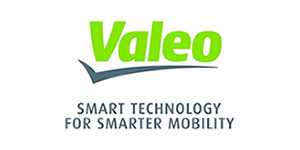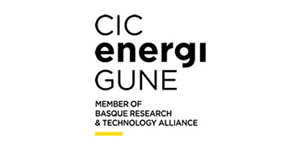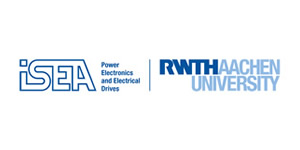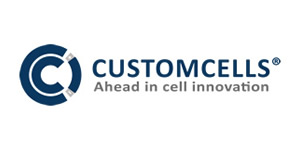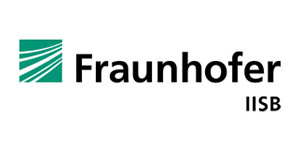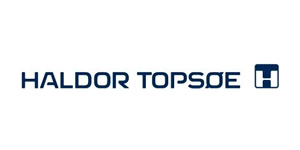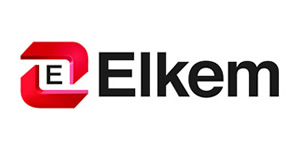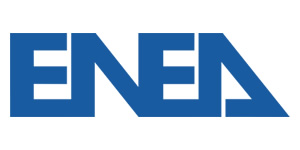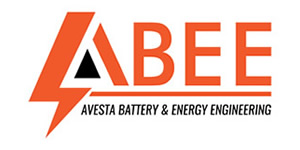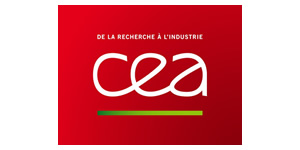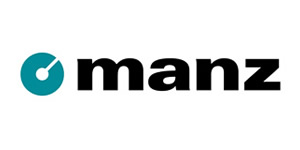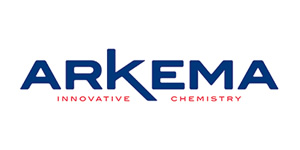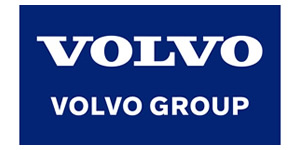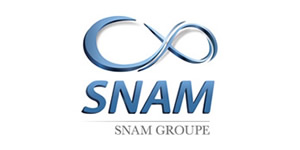AIT Austrian Institute of Technology GmbH is Austria’s largest non-university research institute with more than 1250 employees and more than 50 years of experience in laboratory development, research and accredited testing. Among the European research institutes, AIT is a specialist in the key infrastructure topics of the future.
The AIT Center for Low-Emission Transport develops innovations for efficient, intelligent and safe vehicle components. The focus is on two key technologies for sustainable transport and mobility: powertrain electrification and material-based lightweight design. In 3beLiEVe, AIT serves as overall project coordinator, and leads WP3, which is concerned with assembling and testing the first prototype pouch cells with and without sensors. These will be used to test on a larger scale the material combinations pre-selected in WP2, and to optimize manufacturing parameters prior to production scale-up in WP6.
The AIT Center for Center for Vision, Automation and Control carries out research for and together with customers in the fields of image processing, sensor fusion, machine learning, data analytics, mathematical modelling for real-time applications, process automation, system analysis, control and optimization of complex dynamical systems and processes. In WP5, AIT will further develop an existing high-performance vision system already used for applications such as quality inspection for bank notes, to image electrode foils after slurry deposition. Machine learning will be used to identify and classify defects on the coated surface. This will result in a smart camera capable of spotting micro-structural defects of the electrode coating as it is produced, thus enhancing quality control.
